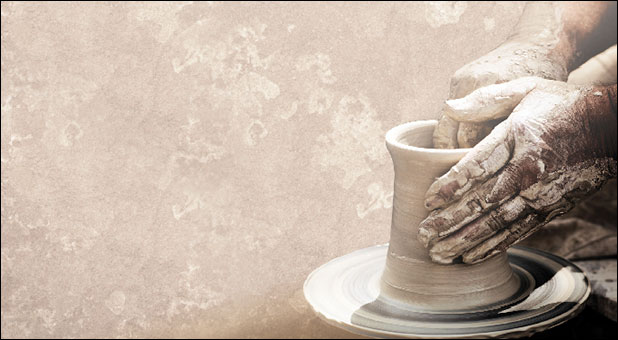Why worship styles really do matter (and how they define our core beliefs).
What if the way we worship—what we sing and say and pray and do when we gather each week—isn’t just an expression of our faith but also what shapes it? This question has haunted me the past few years.
For decades, church leaders have told us our worship practices are expressions of our faith so we can adjust them freely to reach the people we want to reach. But for centuries, the church fathers told us that such practices are formative to our faith so we ought to choose them wisely. Their phrase for this was the Latin Lex orandi, lex credendi, lex vivendi: The rule of prayer becomes the rule of faith, which becomes the rule of life. Or, put another way, the way you worship and pray corporately becomes the way you believe, which in turn becomes the way you live.
In short, worship shapes believing.
If that’s true, we’ve got to take an honest look at the language of our songs and prayers, the story our services tell and the symbols we use.
Accordingly, I began asking myself what the theology of my church would be if it were based solely off my songs. I have always taken great care when it came to the theology of my songs, but I had a new soberness about it now, given this new perspective the ancient church fathers offer to us.
For instance, the more I learned about the long Jewish and Christian tradition of Psalm-praying, the more I realized that prayer is a learned language. If we simply “pray what’s in our heart,” we’ll pray amiss, for selfishness is our mother tongue. We must learn how to pray by letting the “word of Christ dwell in [us] richly” (Col. 3:16). Dietrich Bonhoeffer said it this way: “If we are to pray aright, perhaps it is quite necessary that we pray contrary to our own heart. Not what we want to pray is important, but what God wants us to pray. … The richness of the Word of God ought to determine our prayer, not the poverty of our heart.”
So language matters—but there is also the story. Like the farmers who used to tie a rope between their house and the barn in whiteout winter conditions so they wouldn’t get lost going from one to the other, we need something to guide us back home, something to keep us tethered to our story as the people of God. Our worship should remind us we are not the first and we are not the only.
The Nicene Creed does that. It’s a core confession that unites believers across every stream of the body of Christ. Also, there are songs and prayers—like the Lord’s Prayer—that do this. When we pray, sing and say these prayers, we remember we’re not the first and we’re not the only. We’re taking our place in the great story of God’s redemptive work in the world.
Our gatherings can be spiritual variety shows or one grand narrative, leading us from celebration and proclamation to confession and forgiveness, then culminating in grateful praise at the Lord’s table.
And that’s where the symbol comes in. The Lord’s table has been the central symbol of Christian worship from the beginning. Augustine explained this sacrament as a “visible sign of an invisible grace.” The Greek church fathers saw it as a great mystery. Some of the Reformers saw it as a memorial. This meal is the moment where we encounter the presence of God and receive His grace, regardless of how we think it happens. The meal is a sign, a mystery and a memorial.
There’s something else that makes it special. Communion, unlike any other act or symbol in our services, does not rely on human effort. Worship in song requires a skilled band and a humble yet confident leader. The sermon hinges on a gifted teacher or preacher. But the bread and the cup will always be the body and the blood of Christ.
May the Spirit lead us to carefully curate these elements—language, story and symbol—in our worship. May the Scripture shape our language, the gospel shape the story we tell, and the Eucharist be the symbol that points to the great mystery of our faith: Christ has died, Christ is risen, Christ will come again.
Glenn Packiam is lead pastor of New Life Downtown, an extension of New Life Church in Colorado Springs, Colo. He’s the author of several books and is one of the founding leaders of Desperation Band.
















































